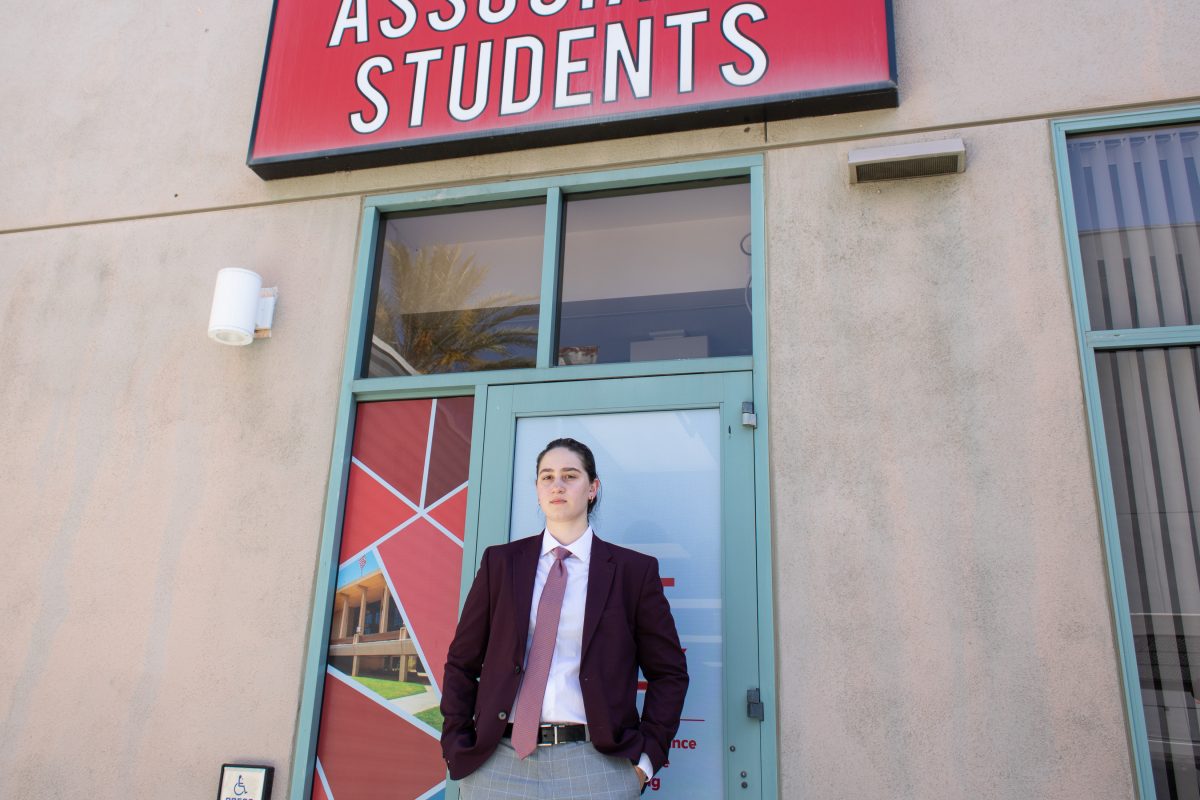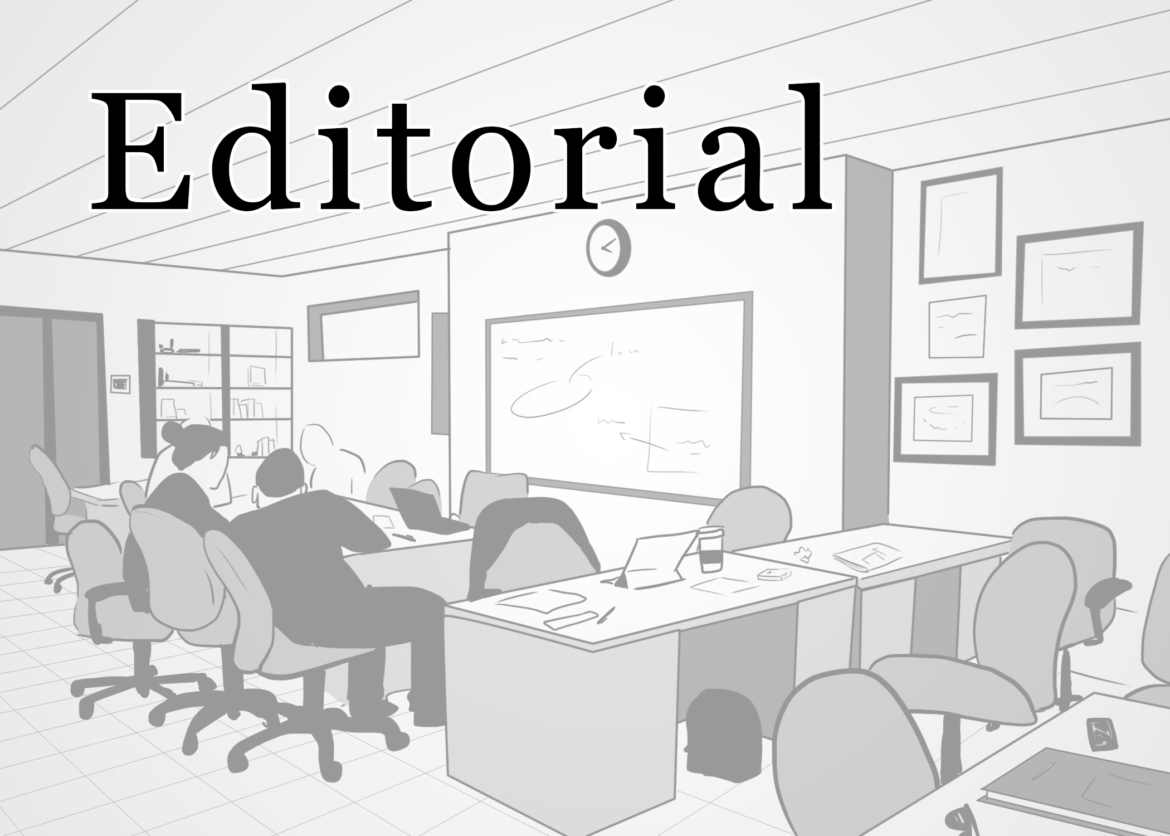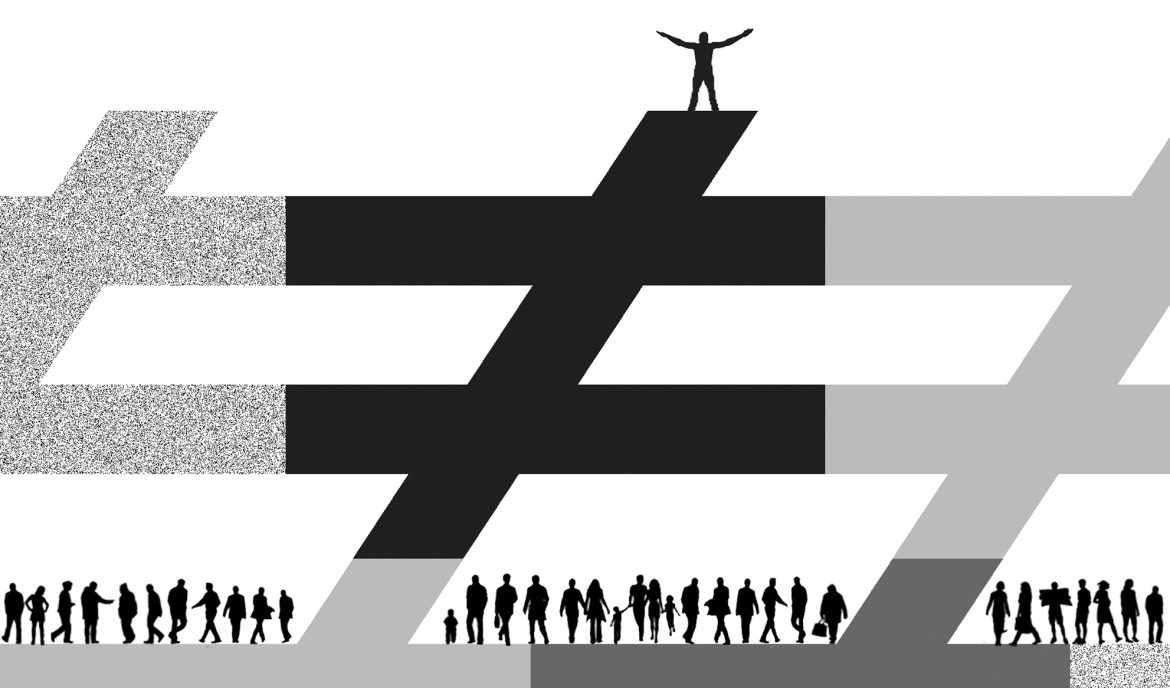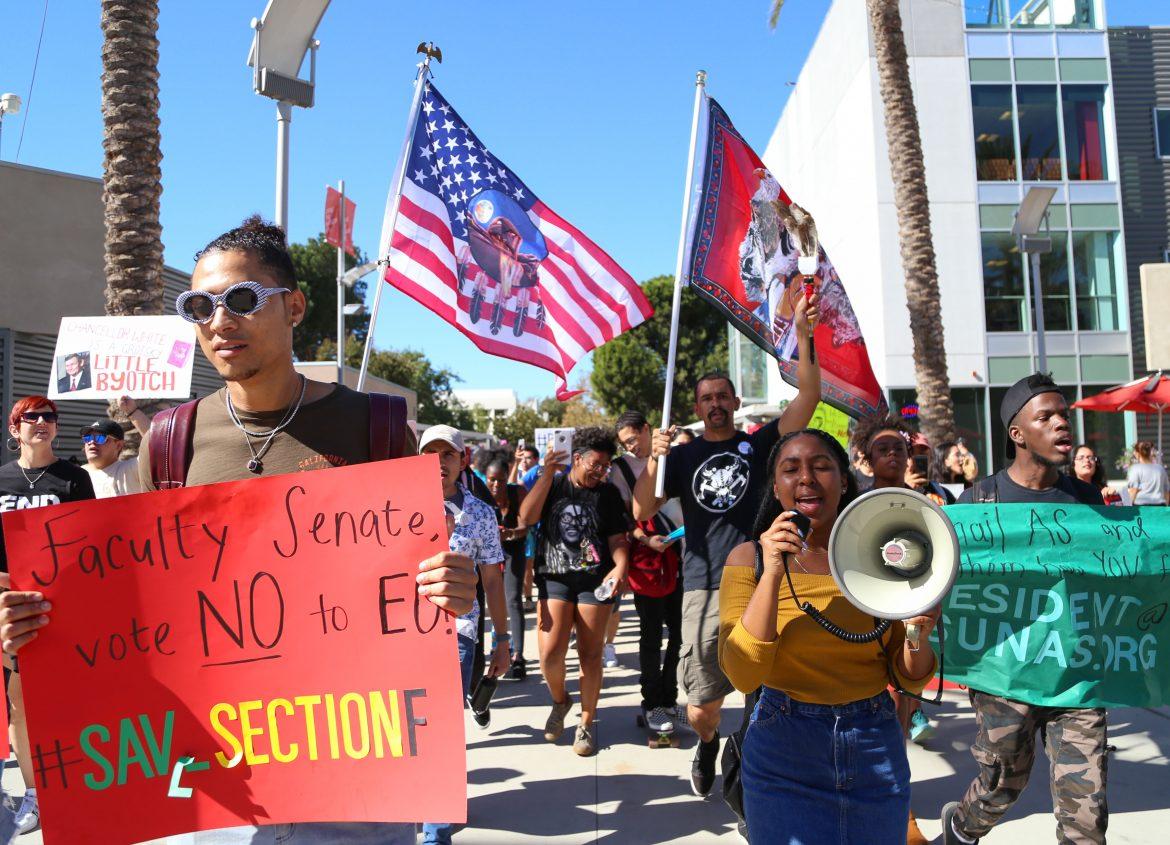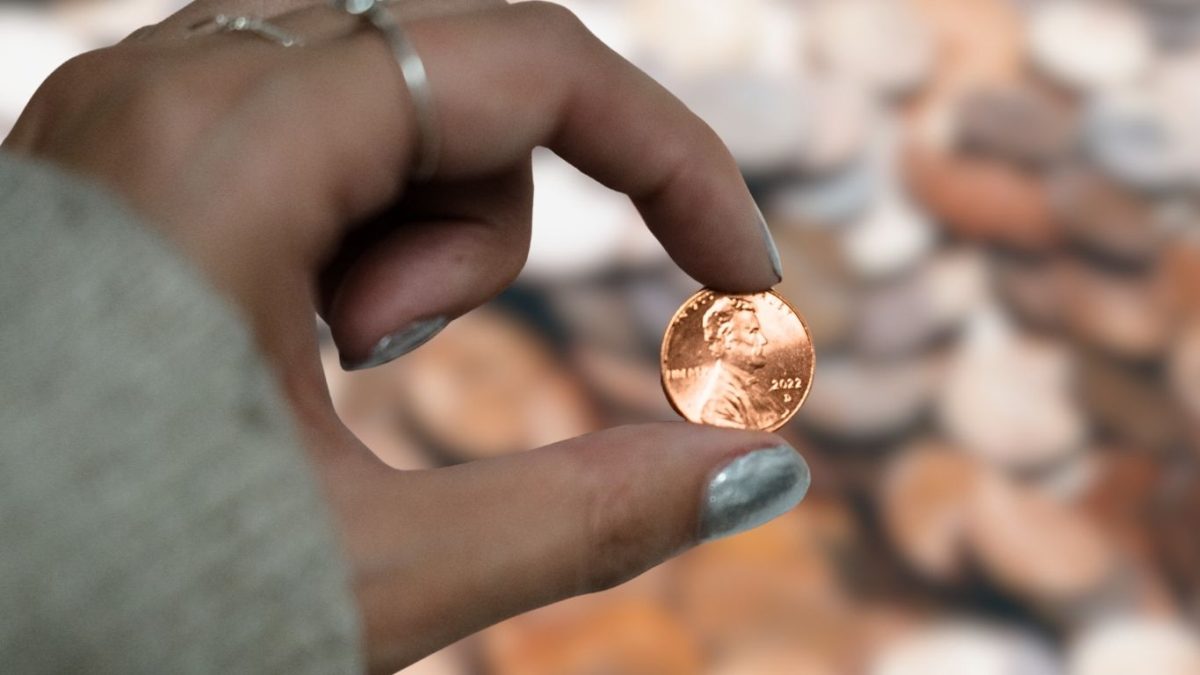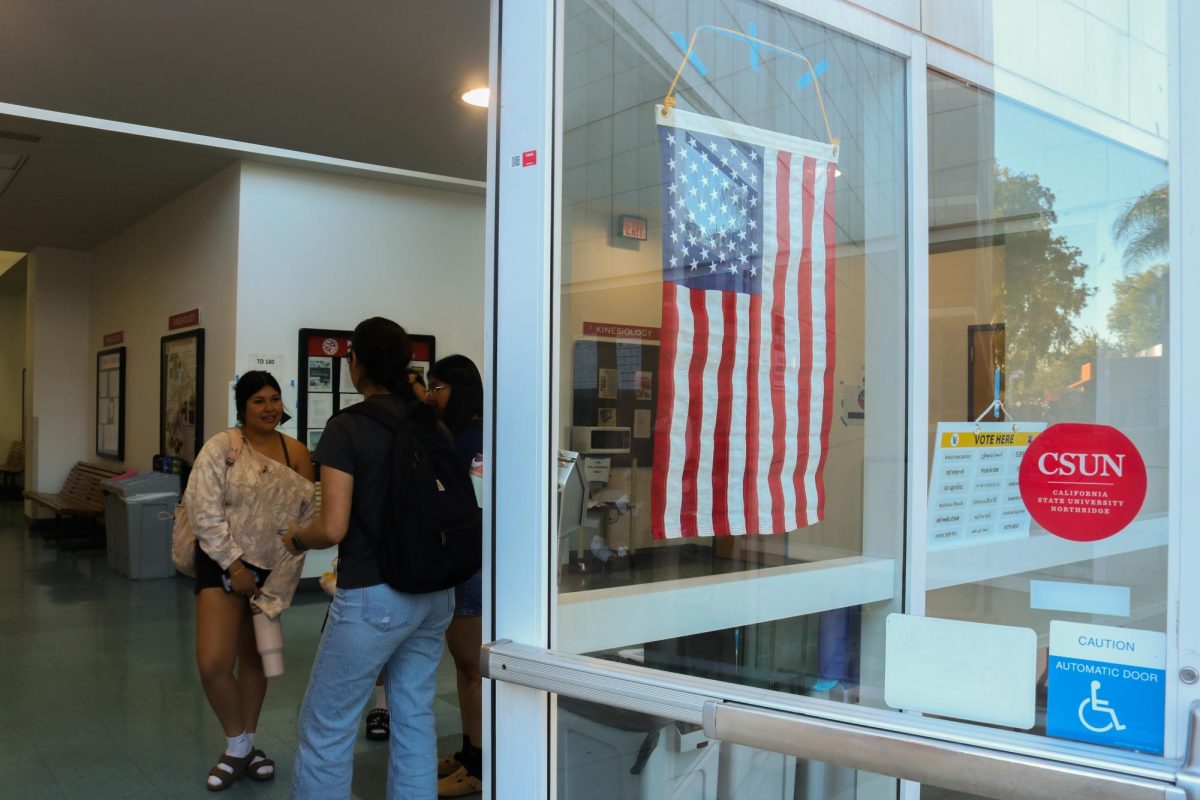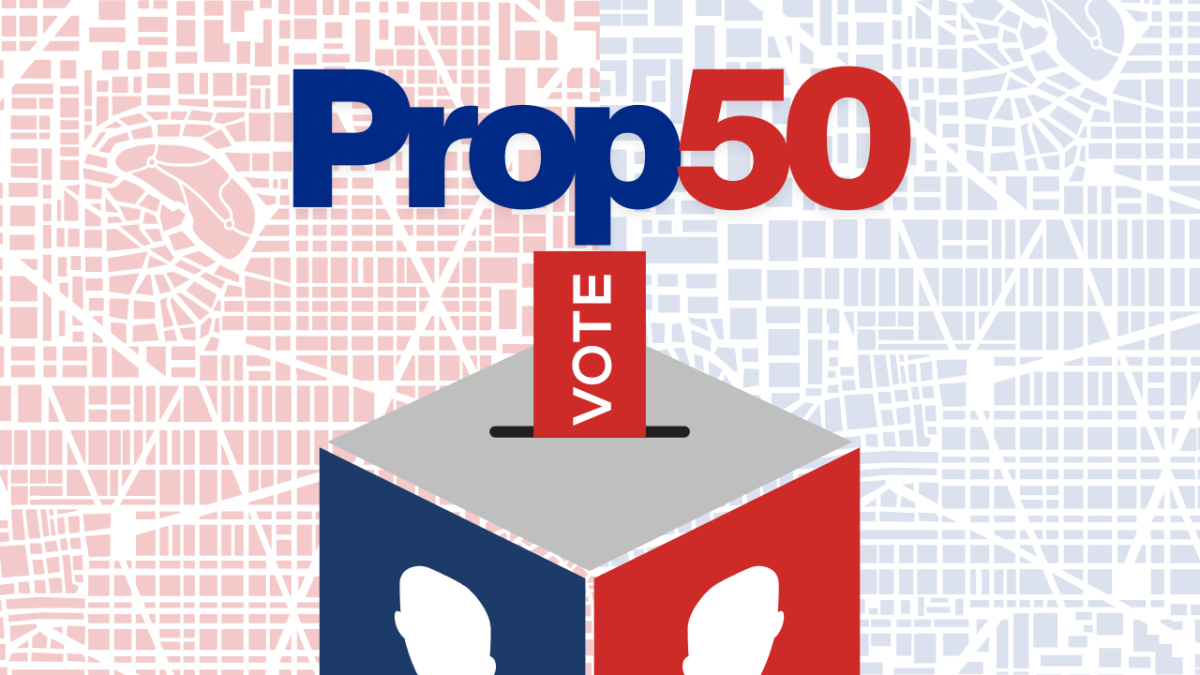Katie Karroum initially came off as confident and self-assured. She is, as Chair of Elections Nikki Usares shared, “an old soul.” Karroum has one of those faces that carry 1,000 expressions. She spoke with an assertiveness that rang clear in the bustling Starbucks. After she helped an attendant pull the blinds down for some shade, she sat down, becoming serious.
On April 11, Karroum was revealed as the winner of the Associated Students presidential election for the 2024-2025 academic year. She will begin her term as president in the upcoming school year. “She is collaborative, she’s really open-minded, she cares a lot about the students, she goes out and talks to all the cultural clubs, and I know she has a passion for leadership,” Usares said when asked how to describe Karroum.
Karroum will be sworn in and inaugurated into office on June 3, 2024.
Karroum is an open book in which there are unexpected plot twists. She leaned back, linked her fingers around her knee and spoke about how she grew up in Glendale, identifying culturally as Arab, and with the LGBTQ community.
Her family has a traditional mindset, and she is a first-generation Syrian-American college student. Often, her dichotic identities clashed but also helped her relate to others.
“Getting to this position is really uplifting for my childhood self,” Karroum said.
Karroum was propelled towards leadership roles. While an Associated Students Senator at CSUN, she learned that international students were struggling to make money on their student visas.
Karroum investigated further and, based on what she found, decided to put her position to use. She began helping international student organizations present at senate meetings. Her efforts led her to experience how politics work.
“I think there’s a certain level of respect and empathy and sympathy that you have for individuals and students at CSUN once you realize how hard it is for them to be here,” she said.
Mediating for international students was one of the aspects that shaped Karroum’s student political career—another was an experience she had.
One evening, Karroum happened to be working late in the Associated Students office. A student came looking for someone to talk to. She saw he was struggling and heard him out.
“He was in a position where he didn’t have direction for himself. That’s where a lot of his issues came from,” Karroum said.
The student told her that she made a difference in his life by listening and talking to him. Karroum realized she had bridged a gap by connecting with someone who felt directionless. She also realized the difference she made through communication, and that it was something she valued doing.
Karroum once had a different life plan. She played sports and studied kinesiology before she eventually changed her major to Communication Studies.
After spending 12 years in athletics, she went on to study in the same area.
Her experiences as a senator influenced her to change majors so she can continue her work to bridge gaps.
Her athletic experiences remain. Rigorous schedules and repetitive exercises helped Karroum learn how to maintain discipline. The sports she played included basketball, volleyball, swimming, soccer and tennis.
“It’s just because I’m really tall, like my parents just threw me into it,” Karroum said. “I’m like 6’2”. So I played tall-girl sports.”
Karroum’s dedication echoes in her newly elected vice president, Iman Khan.
“Katie is a great leader, she has a vision. We mesh together really well, we have a lot of similarities on the goals we share, but we also differ in that opposites attract,” Khan said. “We have very unique personalities and we can get a lot done together.”
Karroum’s pragmatism is reflected in her vision to unite the campus. After three years at CSUN, the president-elect has an idea of what issues need to be addressed, particularly diversity.
“Usually, diversity is such an important thing, but people don’t realize that diversity is sometimes what pulls people apart as well,” Karroum said.
The president-elect muses that relatability is needed to connect with others. On CSUN’s campus, the focus on factors like ethnicity or orientation tends to end there, rather than connecting on a deeper level.
She suggests people find commonalities professionally, instead, or get to know one another on a human level, and in ways unrelated to how a person identifies.
Karroum is excited to see how her upcoming term will unfold. She would like change, and to coordinate with others who want the same, especially those on the ground, such as the leaders of student groups.
For Karroum, it is a joint effort, based on what the students want.
